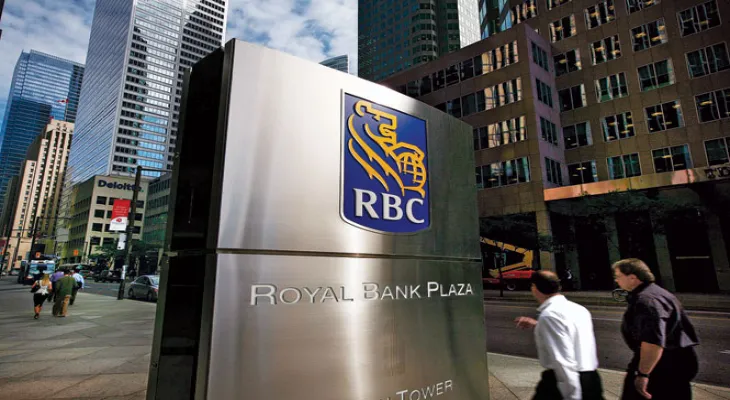Search here
Newspaper
Search here

Arab Canada News
News

Published: October 12, 2022
The Reserve Bank of India is now witnessing a recession in early 2023, with more job losses amid "cracks" in the economy
Royal Bank of Canada, one of the early predictors of recession in 2023, expects the country's economic contraction to occur sooner with more job losses than initially anticipated.
RBC updated its forecasts in a client note on Wednesday morning, now calling for the Canadian recession to begin as early as the first quarter of next year. The bank first said in July that it expected a recession in the economy sometime in 2023, but it would be "moderate" and "short-term".
RBC economists Nathan Janzen and Claire Van wrote on Wednesday that they now expect Canada's unemployment rate to reach seven percent next year, up from the initial unemployment forecast of 6.6 percent.
"Cracks are forming in the Canadian economy. Housing markets have cooled sharply. Central banks are in the midst of one of the most aggressive interest rate hike cycles in history. While labor markets remain strong, employment has declined by 92,000 over the past four months."
The pair wrote. They said that the Bank of Canada's interest rate hikes will be a key factor in determining how deep the economic contraction will be. Janzen and Van expect the central bank to halt its rate hike cycle in late 2022 if inflation continues to show signs of "meaningful" easing.
If not, further increases are justified.
Bank of Canada Governor Tiff Macklem talks about inflation and rising interest rates. The note stated that "more stubborn inflation trends over the coming months could lead to additional hikes, and possibly deeper reductions in household consumption and a deeper recession."
According to the forecast, rising inflation rates and interest rates, which increase borrowing costs, will reduce purchasing power of the average Canadian household by $3,000 next year.
While RBC expects softness in Canada's manufacturing industry amidst the recession, travel and hospitality could prove to be "more resilient" than in previous downturns. The bank pointed to "continued demand" in these sectors after two years of Covid-19 restrictions as keeping these businesses buoyant.
While the International Monetary Fund warns of an economic slowdown, the Canadian labor market may be a critical barrier given Canada's "tight" labor markets — unemployment was low at 5.2 percent in September —
RBC says employers already struggling with worker shortages are less likely to resort to layoffs if a downturn occurs.
The updated RBC forecast comes one day after the IMF issued dire warnings about the global economic slowdown, arguing that "the worst is yet to come" and that for many people, 2023 "feels like a recession". Edited by: Yasra Bamtarf
Comments